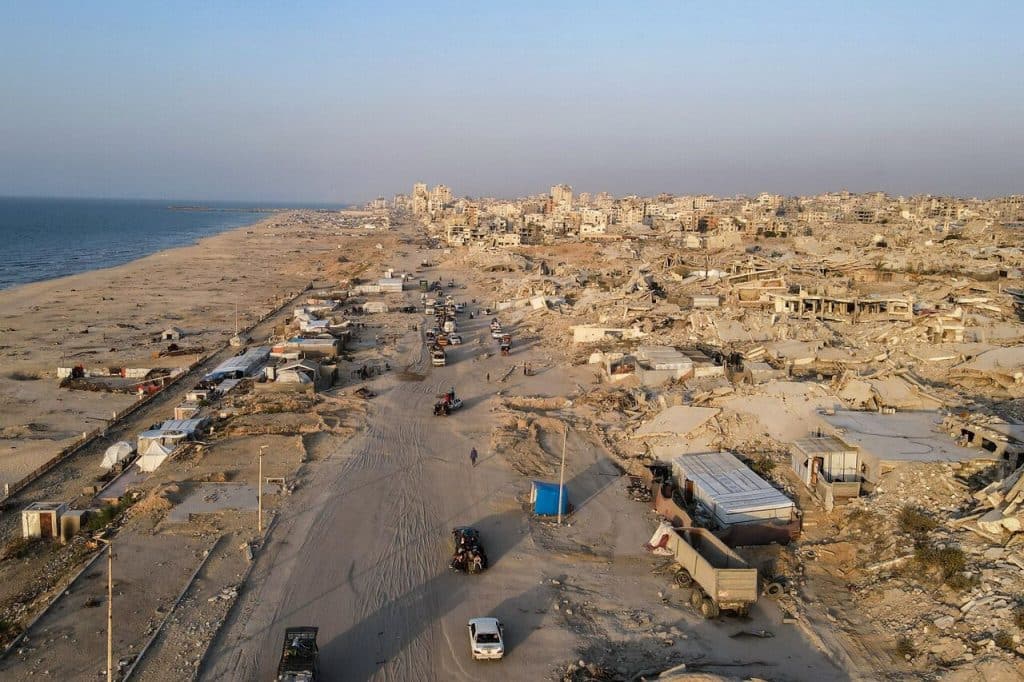Gaza’s Temporary Committee: Unity Step or Fleeting Experiment?
At a recent meeting of Palestinian groups in Cairo, participants agreed to hand over the administration of the Gaza Strip to a Palestinian interim committee composed of independent, indigenous figures, who would be responsible for running the daily affairs, public services, and overseeing the reconstruction of Gaza during a transitional period.
The decision, which appears to be an administrative step, has deep political, security, and social implications that will affect the future of Gaza and even the balance of power in Palestine.
Domestically, the agreement represents a kind of acceptance of new realities by Palestinian groups. The creation of a committee composed of independent technocrats could signal a desire to break the political and administrative deadlock.
The main question, however, is to what extent such a committee will have executive authority, financial resources, and real independence. Without popular support and the support of the power institutions at home, this interim structure could quickly collapse under political and security pressures.
At the same time, this decision is an attempt to rebuild a kind of national consensus and pave the way for inclusive dialogue among Palestinian groups. If managed properly, this process could lead to the reconstruction of representative institutions and the restoration of trust between Gaza and the West Bank, but if the mechanism for selecting members and the powers of the committee are not transparent, there is a risk of reproducing old rifts.
At the regional level, Egypt plays a pivotal role in this development. Cairo, which has been mediating the ceasefire and prisoner exchange negotiations in recent months, is trying to maintain the initiative in the Palestinian issue by hosting this meeting and preventing other regional actors from gaining too much influence in Gaza.
By proposing the formation of an interim committee and even presenting a list of possible candidates, Egypt is seeking to shape a new order based on its own centrality; an order that both secures Cairo’s security interests and can satisfy Washington and Tel Aviv. Within this framework, a number of other Arab countries have also supported the idea of forming this committee, considering it a prelude to the reconstruction and gradual return of civil order to Gaza.

